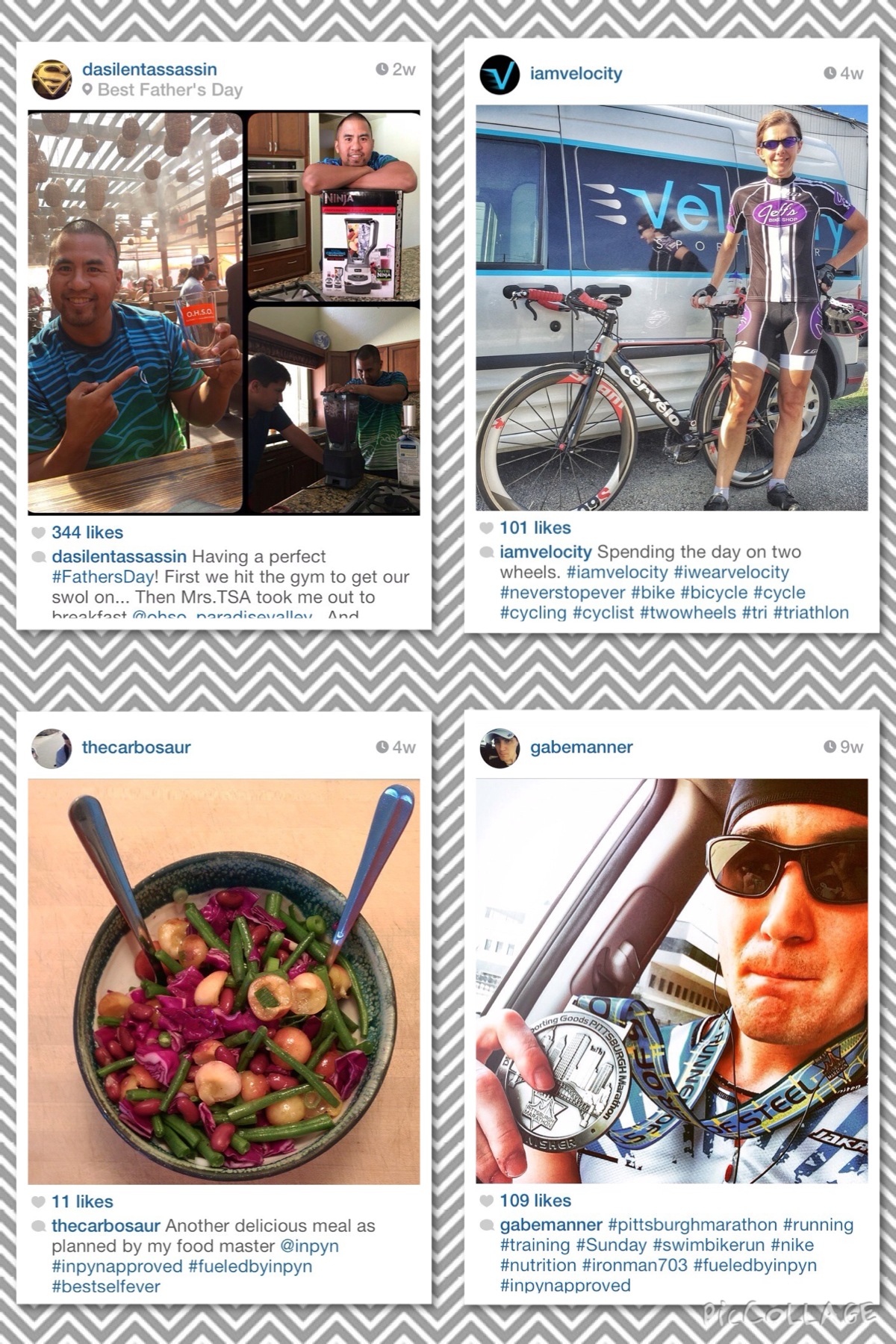The perfect title to my healthy travel post – the things I never leave home without! It’s race season and most of us will end up getting on a plane at some point in the next few months with a bag full of dreams, nerves and excitement...and a helmet, cleats, run shoes, racing attire, our Garmin...but, I digress. While the mandatory checklist of gear is necessary, I'd argue that there are a few essential items most people leave behind.
My biggest concern when flying the friendly skies, aside from 'will my bike make it.’ is keeping my health and immunity intact. Travel increases the stress on your immune system. You're exposed to radiation, nasty pathogens and toxic dry airplane cabin air. Nutritionally, there are a few things you can bring along to help mitigate these dangers and arrive at your race hydrated, healthy and ready to go!
Oil of Oregano
It has amazing healing and medicinal properties that simultaneously attack pathogens in the body while supporting the body with essential minerals and nutrients. It is anti-fungal, antiviral, antimicrobial and anti-inflammatory. Oil of oregano contains calcium, magnesium, zinc, iron, copper and potassium. I can say fairly confidently that this little gem is the key to staying healthy on the road. The quality of the herb is important – I use Gaia Herbs Oil of Oregano because it’s 100% vegan, alcohol free for better bio availability, 1:1 full spectrum potency, and free of heavy metals and pesticides.
*Remember not to take it directly after a workout – it’s high in antioxidants and studies have found that antioxidants can inhibit muscle recovery and rebuilding.
Chlorella
Not much beats airplane travel for radiation exposure, full body inflammation, production of free radicals and inhibition of muscle protein synthesis and muscle repairing circadian rhythm. Chlorella is a high-protein fresh water micro algae full of antioxidants, chlorophyll, B vitamins, nucleic acid for DNA and RNA building and offers a balanced supply of Omega 3 and Omega 6 fatty acids. Its true value comes from the CGF (Chlorella Growth Factor) which not only fuel your body's regeneration but also fuel our immune system. Chlorella attracts and captures heavy metals, bacteria and radiation so it’s one of the worlds BEST detoxifying agents. I trust and use Vega Chlorella daily, upping my dosage for travel, extra hard training blocks and after injury.
SOS Hydration
Everyone knows that you lose water when flying, it seems obvious then that you just need to drink more. If only it were that simple. Hydration isn't just about water and as athletes we need added minerals and electrolytes before a big competition. I don't mess around with sugar free fake mixes, highly processed corn syrup 'Gatorade' type drinks or salt tabs. I use the BEST in the business – and trust me, I have tried them all. SOS Hydration correctly balances the amount of sodium and glucose to enhance the water absorption process. The shiny silver packets always attract attention and I'm happily drinking, assured that I'll be ready to race at my best. Mark my words...before too long, airlines will be giving away (or charging $18/pack for) rehydration solutions to every passenger!!!
Foods To Avoid
- Airplane food and processed snacks (these increase inflammation inside the body and mess with digestion).
- Sugary treats and beverages (eating or drinking 8g of sugar can reduce the ability of white blood cells to kill germs by up to 40%).
- Caffeine (it over-stimulates the central nervous system, inhibits testosterone production and causes dehydration).
Well there you have it, a 3-step simple “travel pack” that every athlete needs for healthy travel. What things are on your MUST HAVE travel list?













